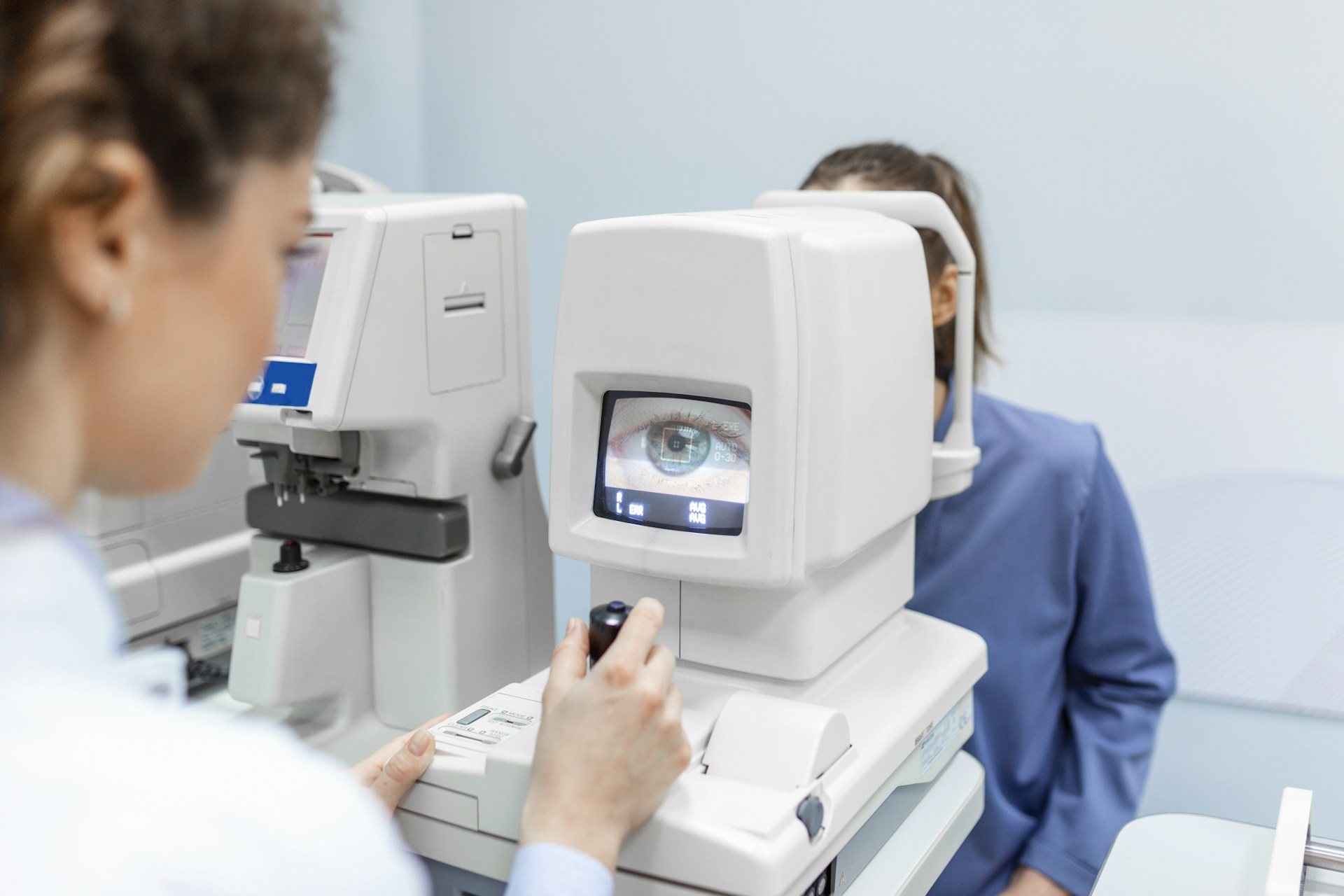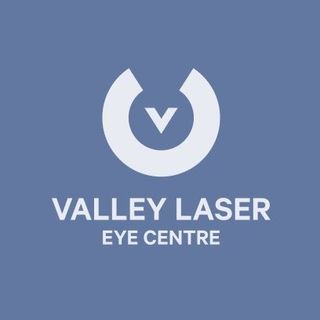Aging is a natural part of life, and as we grow older, our bodies undergo various changes, including our eyes and vision. Understanding age-related vision changes, and knowing how to maintain eye health during our golden years, is essential to safeguarding our quality of life and independence. At Valley Laser Eye Centre, our dedicated team of eye care professionals understands the unique challenges seniors face when it comes to their vision. This blog post aims to provide valuable insight into aging and eye health, offer advice to seniors on maintaining good vision, and bring peace of mind as you navigate this phase of life.
In this comprehensive article, we will explore common age-related vision changes and eye conditions, offer practical tips for maintaining eye health as you age, and discuss the importance of regular eye exams to ensure early detection and treatment of any emerging vision issues. Our goal is to empower seniors with the knowledge and resources needed to maintain the best possible eye health as they age, ensuring a high quality of life and increased independence in their later years.
Common Age-Related Vision Changes and Eye Conditions
As we age, our eyes naturally change and may become more susceptible to certain eye conditions. Understanding some of the most common age-related vision changes can help you recognize what to expect as you grow older:
1. Presbyopia: Often beginning in our 40s, presbyopia is a natural change in the eye’s focusing ability, which can make it more difficult to read small print or focus on close-up objects.
2. Reduced Visual Acuity: With age, our eyes’ ability to perceive fine details may gradually decline, making it harder to read or recognize faces.
3. Cataracts: A common age-related eye condition, cataracts occur when the eye’s natural lens becomes cloudy, leading to blurred vision, glare, and reduced night vision.
4. Glaucoma: This condition involves a buildup of pressure in the eye that can damage the optic nerve and lead to vision loss if left untreated. Regular screenings are vital for early detection and treatment.
5. Age-Related Macular Degeneration (AMD): AMD affects the central portion of the retina, called the macula, and can lead to central vision loss. Early detection and treatment are crucial to slowing its progression.
Practical Tips for Maintaining Eye Health as You Age
By adopting healthy habits and taking proactive steps to address potential eye concerns, seniors can maintain better eye health throughout their golden years:
1. Schedule Regular Eye Exams: Routine eye exams are essential for detecting and treating age-related vision changes and eye conditions before they significantly impact your vision.
2. Make Healthy Lifestyle Choices: Eating a balanced diet rich in nutrients like antioxidants, omega-3 fatty acids, and vitamins A, C, and E is essential for maintaining good eye health. Getting regular physical activity and minimizing exposure to harmful UV rays can also contribute to better vision as you age.
3. Use Protective Eyewear: Wearing sunglasses or prescription eyeglasses with 100% UV protection can shield your eyes from the sun’s damaging rays. Additionally, using protective eyewear when engaging in certain activities will help keep your eyes safe from injury.
4. Manage Chronic Health Conditions: Some chronic health conditions, such as diabetes and high blood pressure, can have a negative impact on eye health. Managing these ailments through medications and healthy lifestyle choices can help prevent eye-related complications.
The Importance of Proper Lighting and Vision Aids for Seniors
In addition to maintaining eye health through regular check-ups and a healthy lifestyle, seniors can benefit from paying close attention to their lighting environment and using appropriate vision aids:
1. Optimize Lighting: As we age, our pupils become smaller and less responsive, making it harder to see under dim lighting. Ensuring that your home is well-lit, with evenly distributed lighting sources, can make it easier to navigate your surroundings and perform everyday tasks.
2. Use Vision Aids: Many seniors benefit from using vision aids like magnifying glasses, large-print books, or electronic devices with adjustable font sizes. These tools can help maintain independence and improve quality of life.
3. Embrace Assistive Technology: Advances in technology have given rise to a variety of devices and software designed to assist seniors with vision impairments. Consider exploring assistive technologies like screen readers, voice-activated devices, and specialized apps to enhance day-to-day living.
The Value of Emotional Support in Navigating Age-Related Vision Changes
Adjusting to age-related vision changes can be challenging not only physically, but emotionally as well. It is essential to seek support from friends, family, and healthcare professionals to help navigate these changes with grace and resilience. Sharing your experiences and concerns with others can provide you with valuable perspective and encouragement, fostering a positive outlook during this transition.
1. Communication: Openly discussing your vision changes with loved ones can help them better understand your needs and offer appropriate support.
2. Seek Professional Guidance: Valley Laser Eye Centre’s expert staff is here to help guide you and your family through age-related eye changes and recommend the best course of action to maintain your vision.
3. Connect with Others: Joining support groups or participating in programs for seniors can provide you with a sense of belonging and an opportunity to share experiences and coping strategies with those in similar situations.
Conclusion
Aging naturally comes with its share of challenges, and our eyes are not exempt from the effects of time. By understanding age-related vision changes, implementing practical tips to maintain eye health, and seeking emotional support throughout the process, seniors can maintain their independence and continue to enjoy life to the fullest.
Schedule a consultation with our team at Valley Laser Eye Centre to discuss your specific eye health needs as you age. Our professional ophthalmologists are here to provide personalized guidance and the resources necessary to maintain optimal vision for a lifetime of joy and fulfillment.





